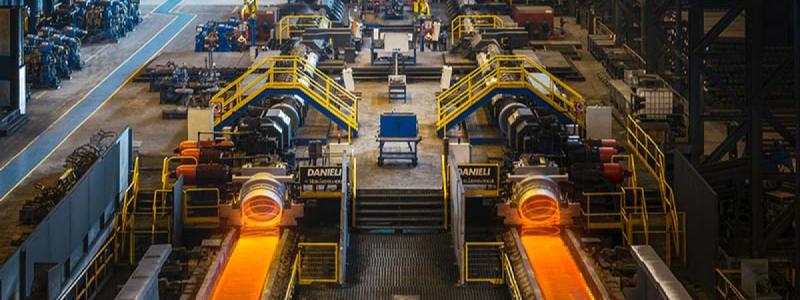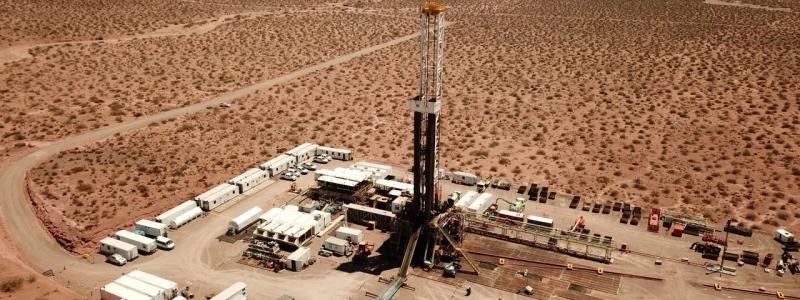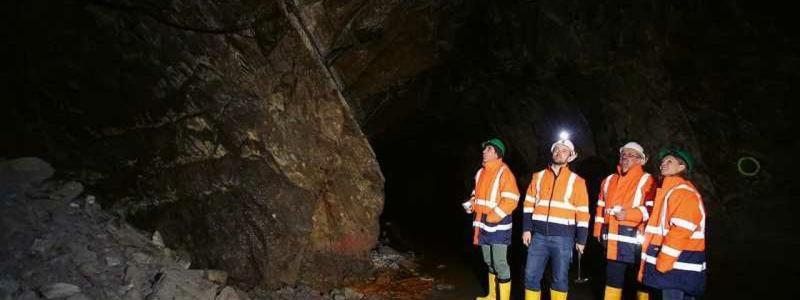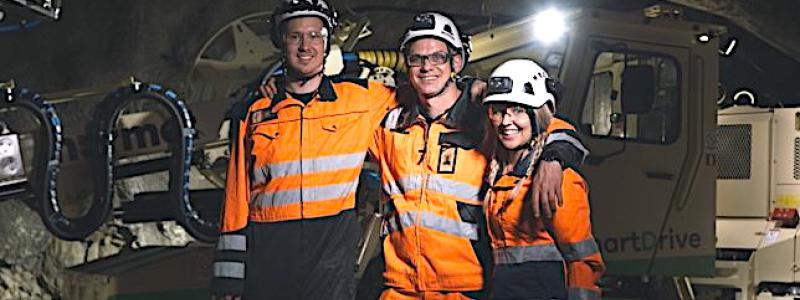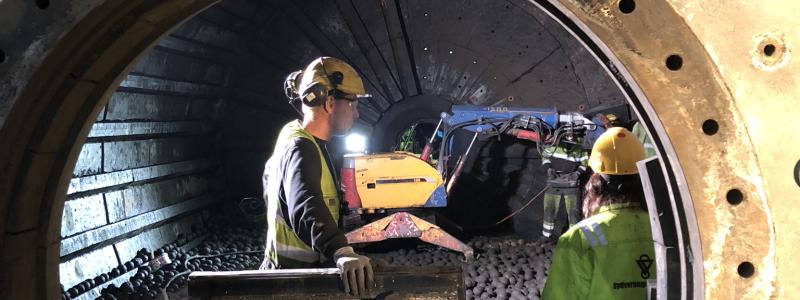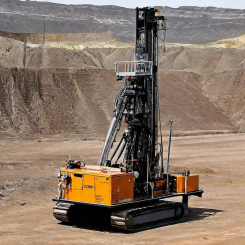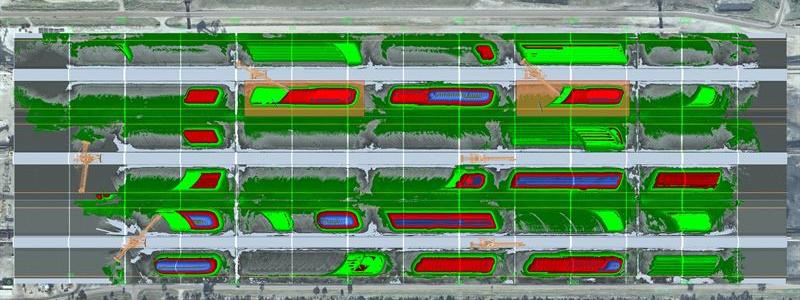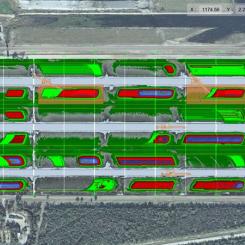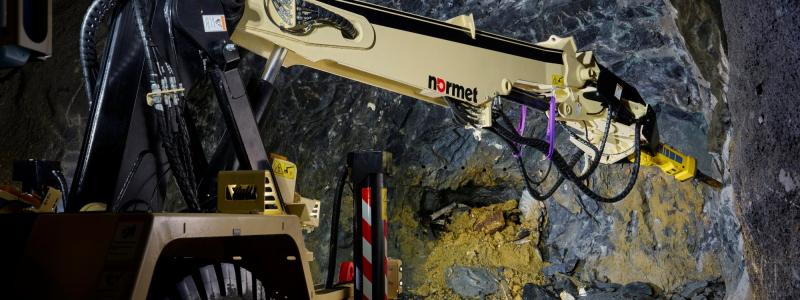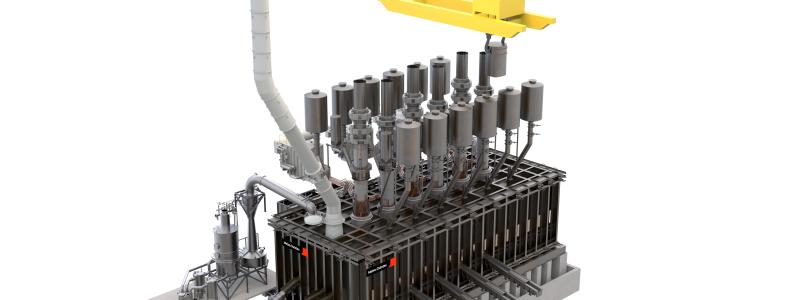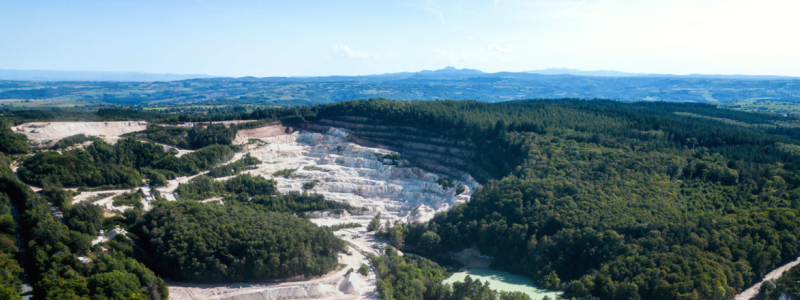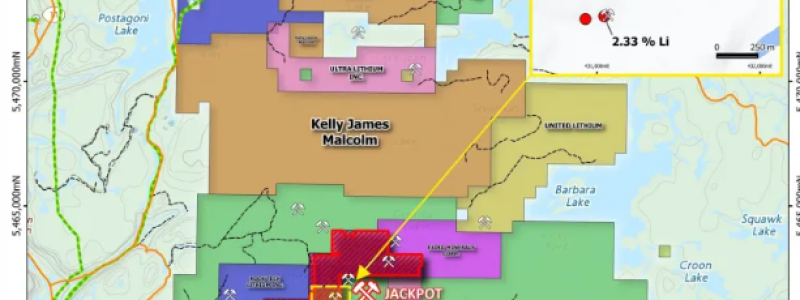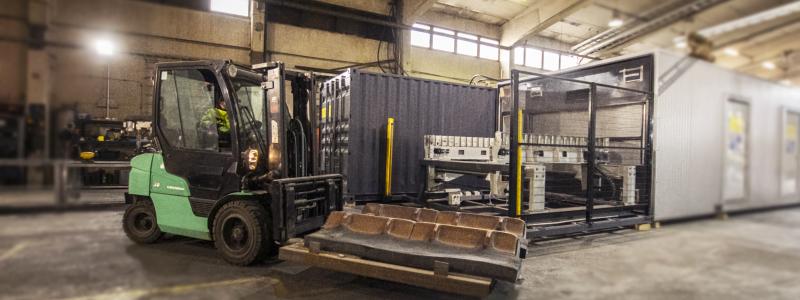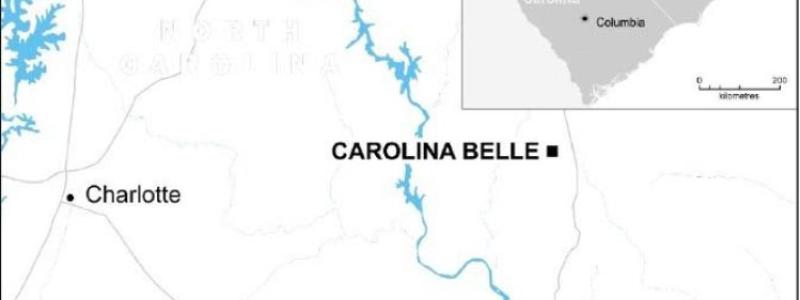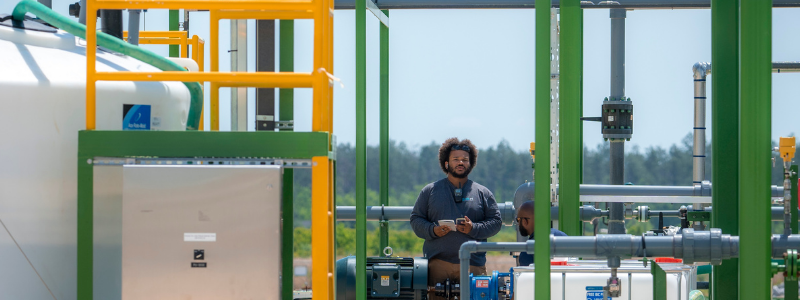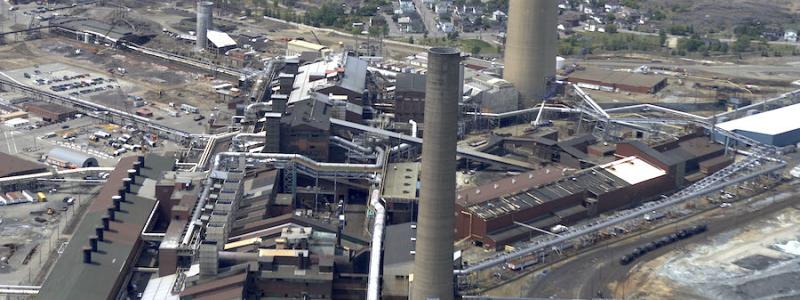The German government appointed a commission on 6 June to decide this year on the timetable for phasing out coal as an energy source. Thus a month-long drag fight was terminated over the decision-making body, the commission, writes Climate and Change News.
Since lignite mines are the only real household resource in a country that is dependent on energy imports, Germany faces a major internal transformation to abandon coal combustion to meet all ambitious climate targets by 2030, as it also wants to be free from nuclear power by the end of 2022.
The government appointed a group of 24 people including Matthias Platzeck and Stanislaw Tillich, former prime ministers for the Brandenburg, and Saxony, which are also industrially weak regions where the loss of thousands of workplaces will damage the regions, even though phase-out has spread over the years.
Four ministries - finance, finance, domestic and labor - are also involved in reflecting the need for interaction when this sensitive task is implemented.
Minister of Labor Hubertus Heil said that the goal was to protect, but also to develop the regions. "It's about managing structural changes and avoiding disturbances," he said.
The coal commission will help allocate federal funds to introduce new industries to the regions, such as research and production of batteries.
Coal power production, both from lignite and imported coal, today accounts for 40 percent of Germany's total power generation, which makes carbon extraction extremely complicated while maintaining reliable supply to industries and households.
Power companies like RWE <RWEG.DE> and Uniper <UN01.DE> say they are prepared and have absorbed declining revenues from coal factories due to competition from renewable energy and thus developed own phasing plans that extend into the 2040s.
Environmental groups want to phase out within a few years, but policymakers have signaled compromises.
The head of the National Energy Regulatory Authority recently said that half of Germany's carbon capacity could be shut down in 2030, provided that there are sufficient transmission networks to handle heavy wind and solar capacity.
The government has also promised to incorporate a climate battle in 2019 that will require more measures from other polluting industries such as transport and buildings.









